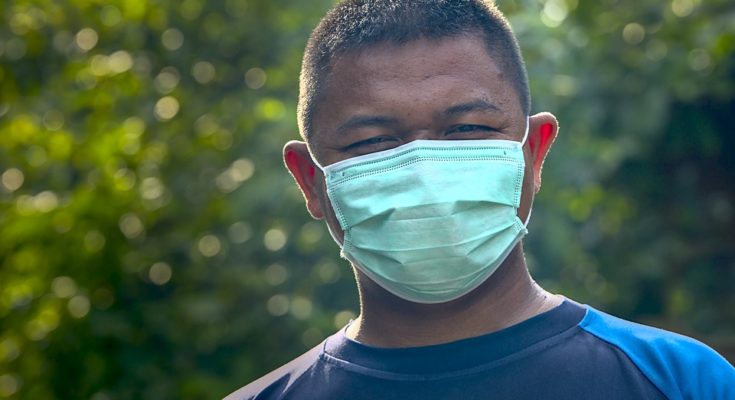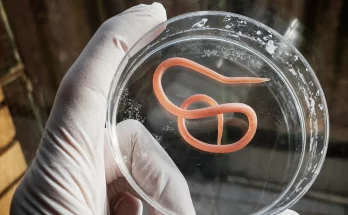
Society for Microbiology
In response to the COVID-19 threat, the Government of Sri Lanka has made it mandatory for people to wear masks when in public spaces.
This article compiled by Prof. Vasanthi TheVanesam, the president of Sri Lankan Society for Microbiology, outlines the most important points for using masks effectively.
Types of masks and their benefits
- Surgical masks. These are the most effective masks. However, because they are in short supply, they should be preserved for use by healthcare workers and others working in the COVID-19 response frontline.
- Cloth masks. These can be homemade or bought and do not have filtration properties of surgical masks. They could be used to fulfil the current requirements for mask use in the public space.
- N95 respirators. An N95 respirator is a more tight-fitting face mask. In addition to splashes, sprays, and large droplets, this respirator can also filter out 95 percent of very small particles. This includes viruses and bacteria.


General advice
- Leave home only if essential as it reduces your risk of contracting COVID-19 and reduces the chance of spreading it. Staying at home is especially important if you have a respiratory symptom (fever, sore throat, cough) as you can infect other people if you have COVID 19.
- Do not touch the mask or your face (the virus can transfer from your hands to your face and by your hands, to other surfaces).
- Wash your hands as often as possible with soap and water. (when it is not possible to wash your hands, use a sanitizer if available).
Whichever mask you use, you need to do all the following
- Wash your hands before handling the mask and after removal of the mask.
- Make sure the mask covers your face from the bridge of the nose to below your chin.
- Once worn, do not touch the mask
- Do not use the same mask for more than 8 hours s at a time.
- Take a sealable water resistant bag long with you to put a soiled mask
- If the mask is soaked with sweat, water or anything else, immediately remove it and drop your mask into a bag and do not allow it to touch any surface.
- Wash hands immediately before and after removing the mask
For surgical masks
- Use a new mask every day as these masks cannot be sterilized.
to dispose of a used surgical mask, wrap it in a shopping bag and dispose with non- biodegradable waste.
For cloth masks
- If surgical masks are unavailable or too expensive, since mask use is now compulsory, cloth masks can be worn. Wear the cloth mask in a similar way to the surgical mask. A cloth mask can be reused but should be sterilized every day by boiling for 10 minutes.
- Replace the mask if it becomes damp.





Loved your post! Vital information for living in the new “normal”
With the new information provided by WHO, stating that the COVID-19 virus could be airborne in certain conditions, wearing facemasks at all times is now essential for personal safety and the safety of others.
Cotton facemasks are the most comfortable option during these times. They are skin-friendly, reusable, and can be comfortably worn for long durations.